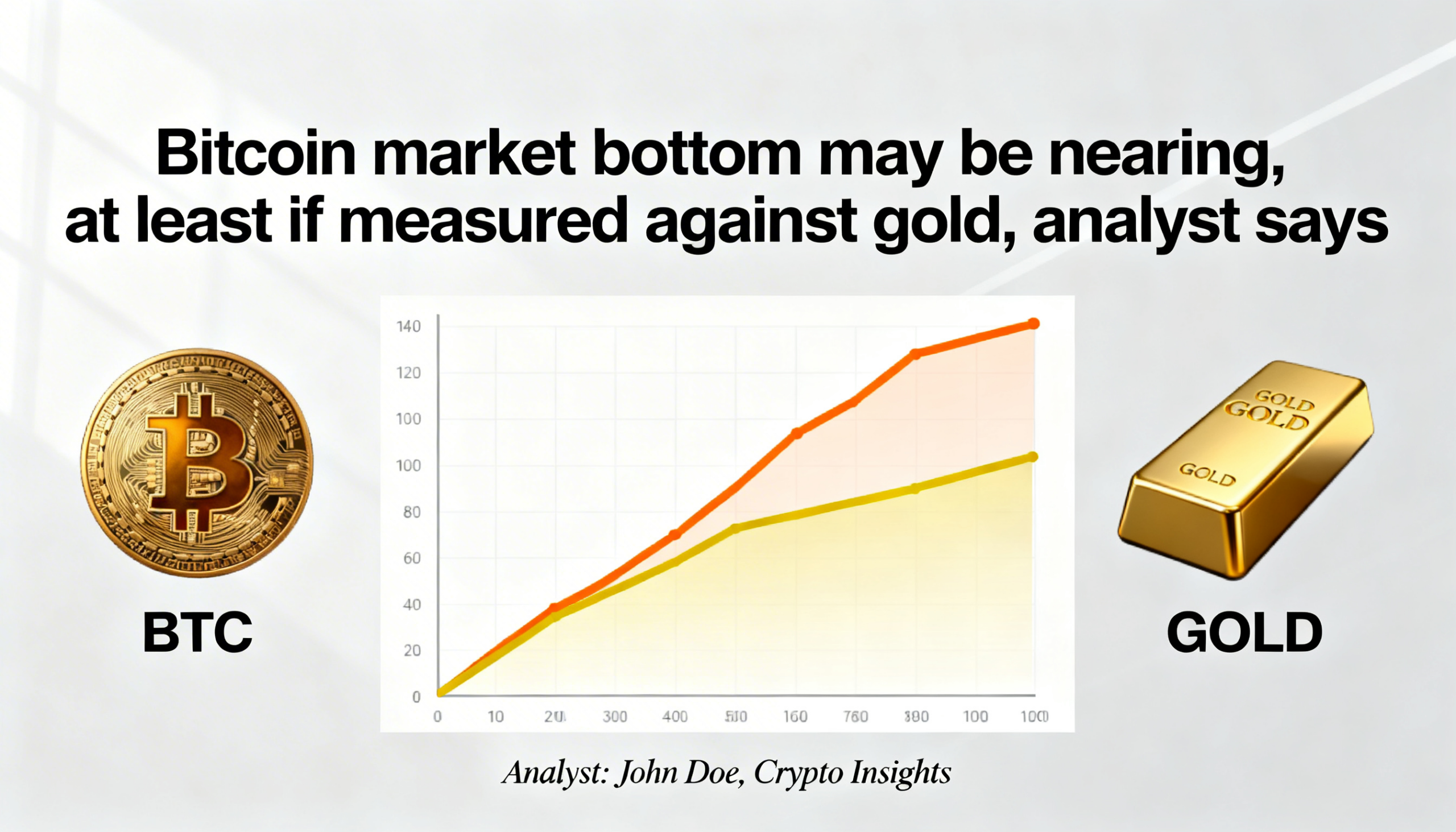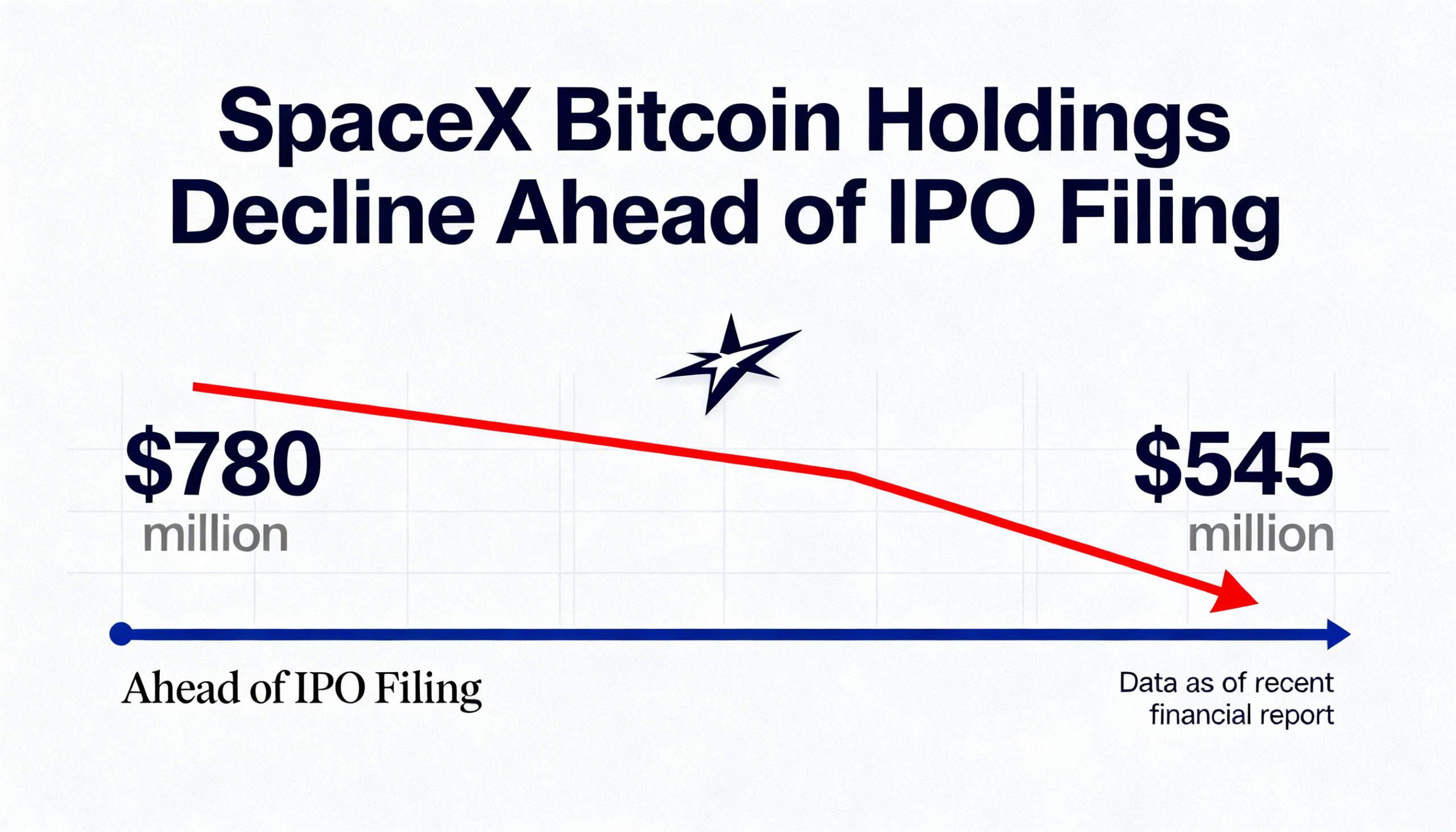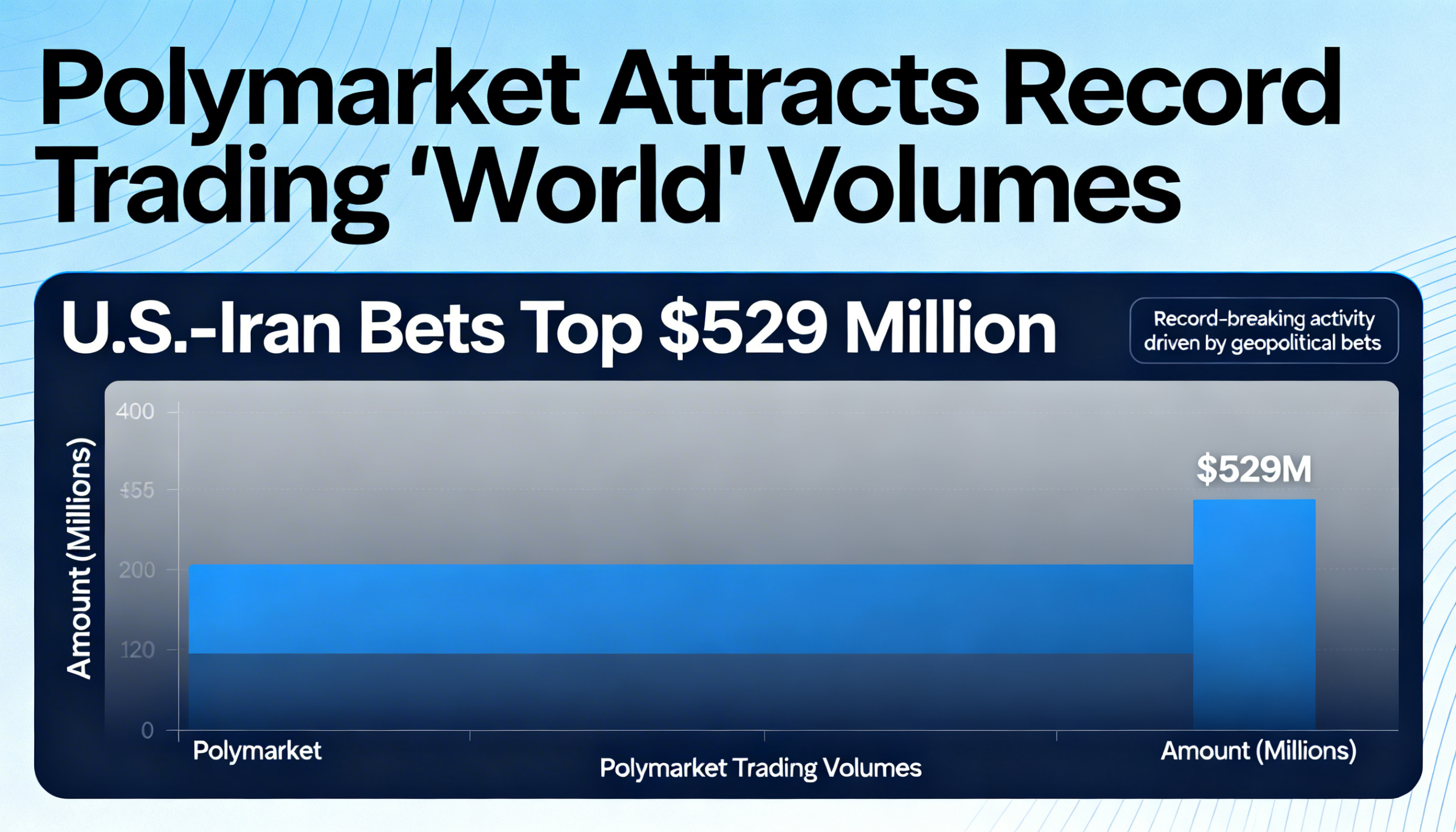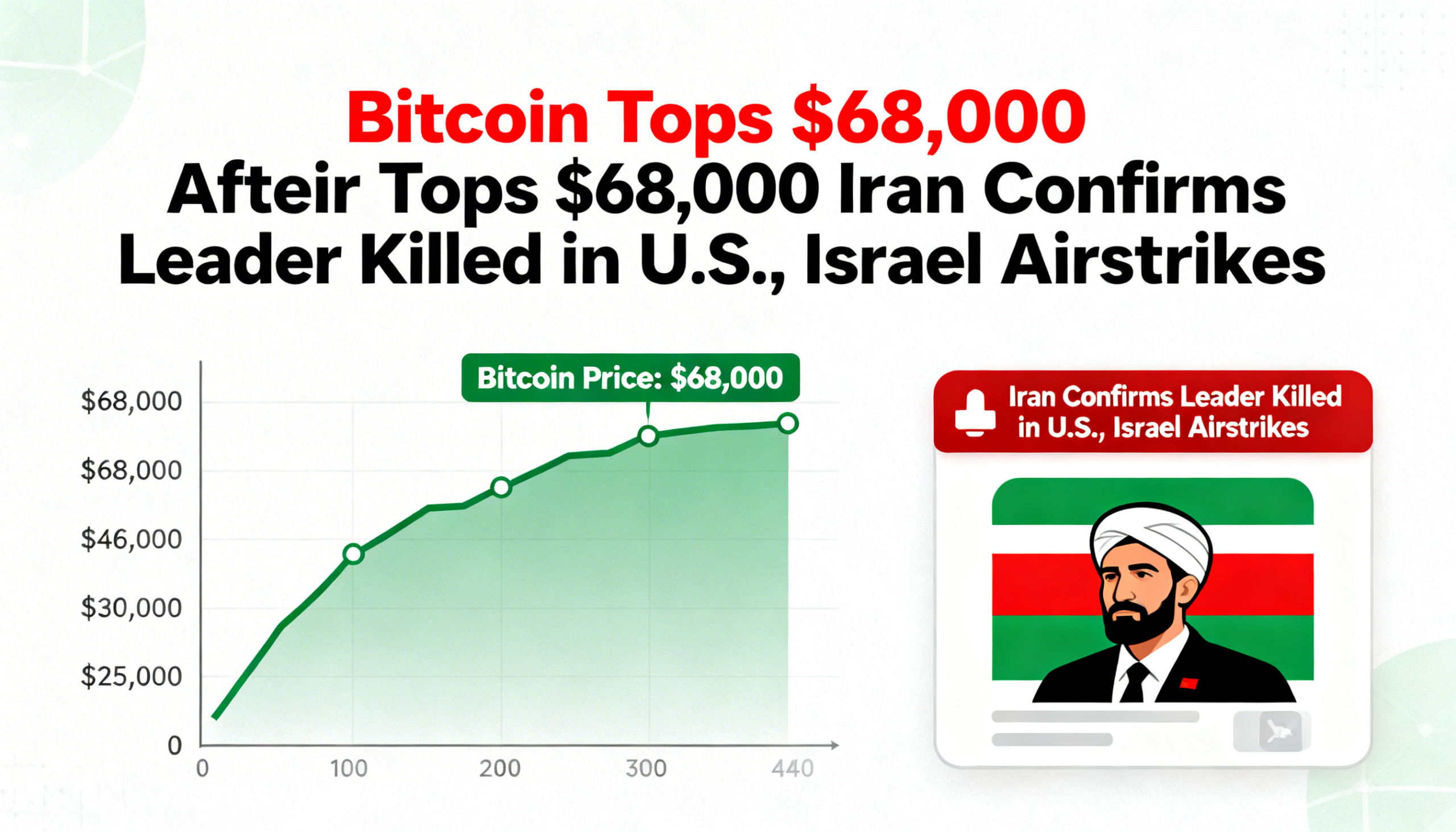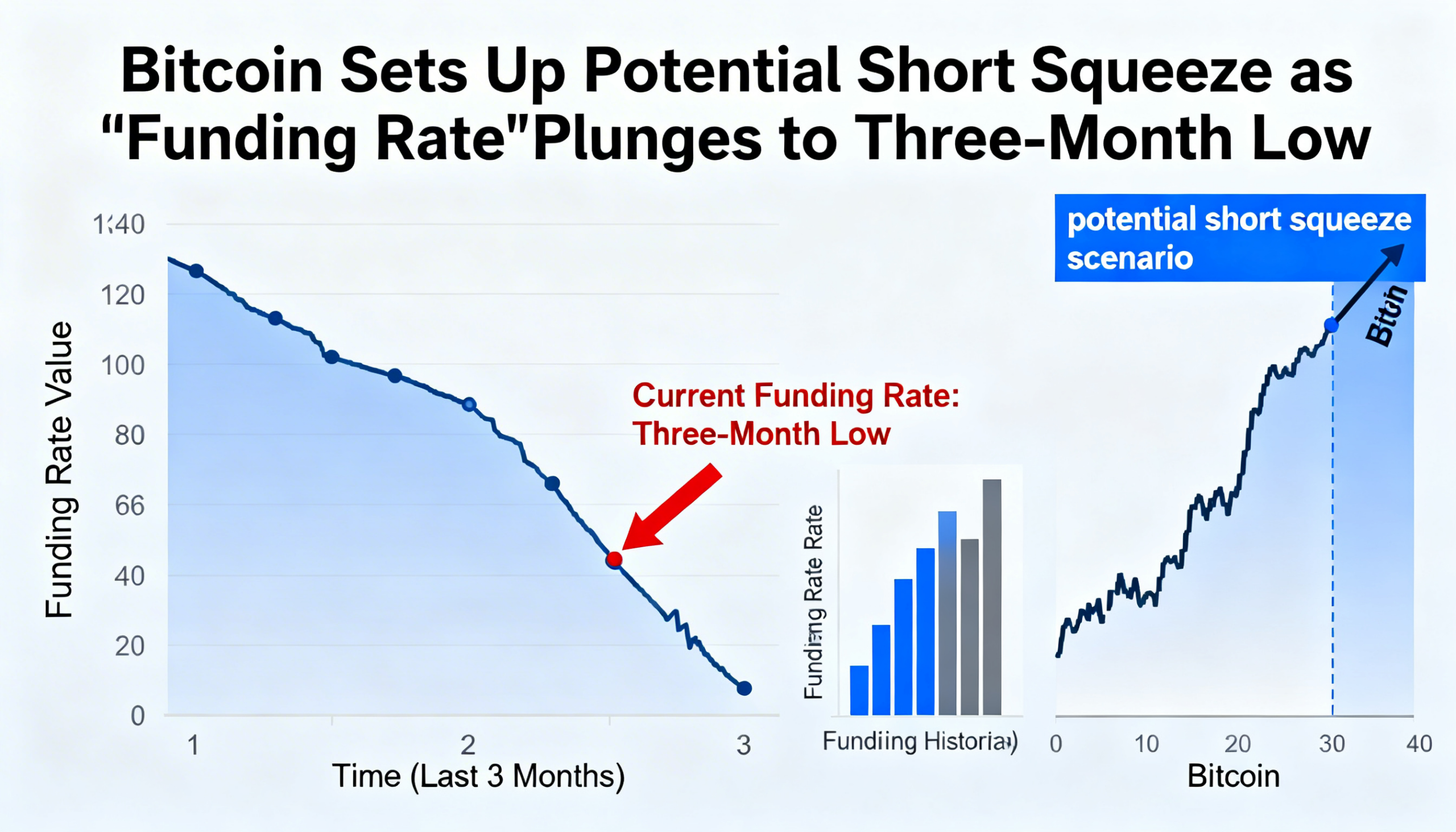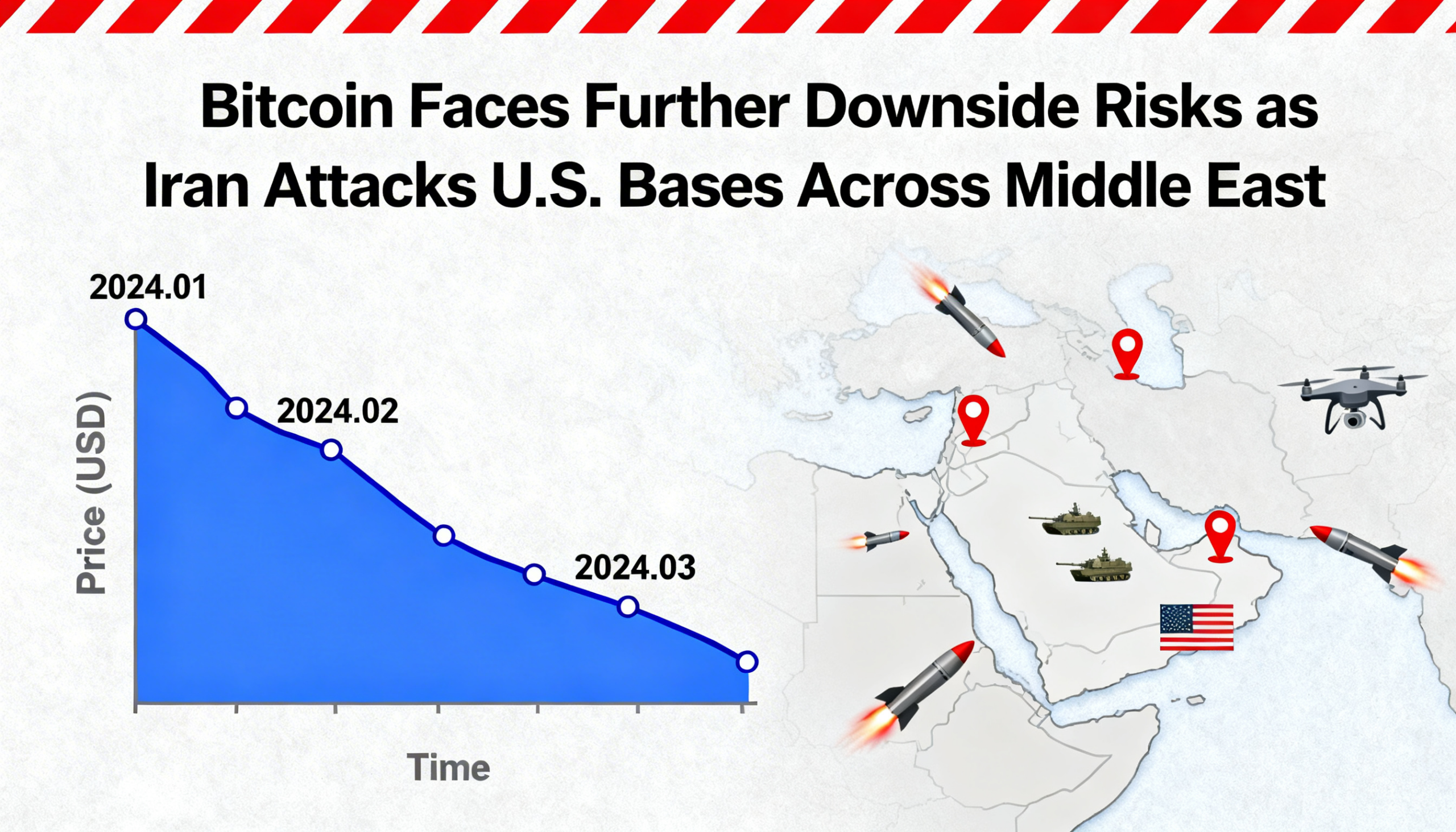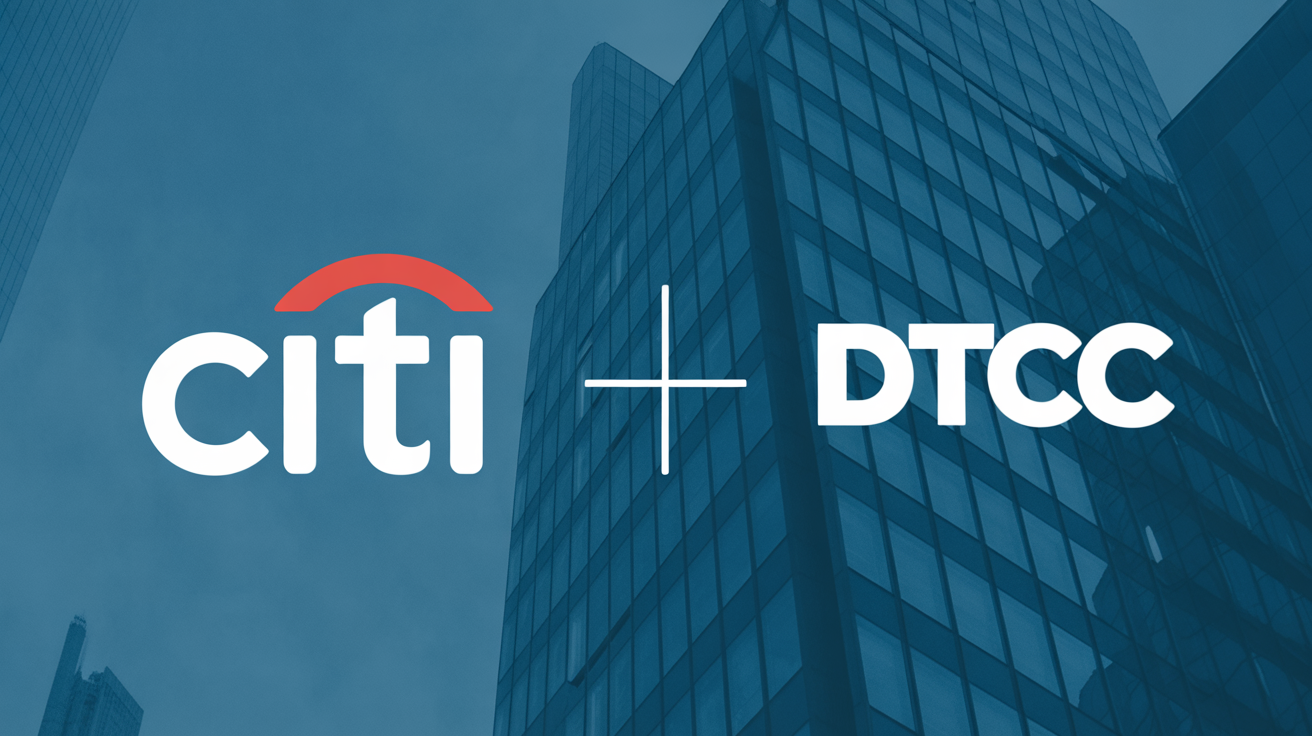
Citi and DTCC Say Tokenized Collateral Is Ready — But Regulation Isn’t
November 6, 2025
As financial institutions push deeper into cross-asset tokenization, industry leaders say the main obstacle to scaling isn’t the technology — it’s the legal framework still lagging behind it.
At Chainlink’s SmartCon conference in New York on Wednesday, executives from Citi, DTCC, and Taurus said recent pilot programs prove that tokenized collateral can move efficiently and securely across borders and asset classes. Yet, without unified regulatory standards, progress risks stalling.
Ryan Rugg, global head of digital assets at Citi Treasury and Trade Solutions, said the bank’s Citi Token Services platform — now active in the U.S., U.K., Hong Kong, and Singapore — is already handling billions in real transactions, supporting use cases from supply chain payments to capital markets settlement.
“It’s not just being used off-hours or weekends — we’re actually seeing clients use it every day, which is really powerful,” Rugg said.
Still, Rugg noted that scaling the system globally remains complex. Each jurisdiction requires separate regulatory clearance, and the absence of harmonized legal frameworks slows expansion. The vision, she said, is to create a “frictionless, multi-bank, multi-asset network” akin to email — but the regulatory groundwork hasn’t caught up.
DTCC’s Nadine Chakar shared similar concerns. The firm’s recent “Great Collateral Experiment” showed that tokenized Treasuries, equities, and money market funds can function seamlessly as collateral across borders and time zones — even when interacting with digital assets.
But Chakar emphasized that trust and legal enforceability, not technology, now define the biggest challenge.
“We throw around the word ‘interoperability’ a lot,” she said. “But does it really work in practice? The answer, right now, is no.”
Most firms, Chakar explained, have built tokenization solutions with differing architectures, smart contract logic, and legal assumptions. DTCC is now collaborating with SWIFT and global clearinghouses to align standards — not necessarily through shared technology, but through shared protocols and governance models.
Taurus co-founder Lamine Brahimi pointed to Switzerland as an example of how national alignment can accelerate adoption, noting that the country already has synchronized legal and technological frameworks for tokenized assets. Without similar coordination elsewhere, he warned, financial firms face fragmentation, security vulnerabilities, and growing compliance costs.
Panelists agreed that progress will come in phases. In the near term, wallet-based infrastructure could complement traditional account systems before eventually becoming the default model.
But despite the readiness of the underlying technology, panelists cautioned that markets can’t move faster than regulators.
“Digital assets operate 24/7 and can move anywhere,” Chakar said. “Our rules, however, are local — and that’s the real challenge. The tokens can move globally, but the laws can’t.”

